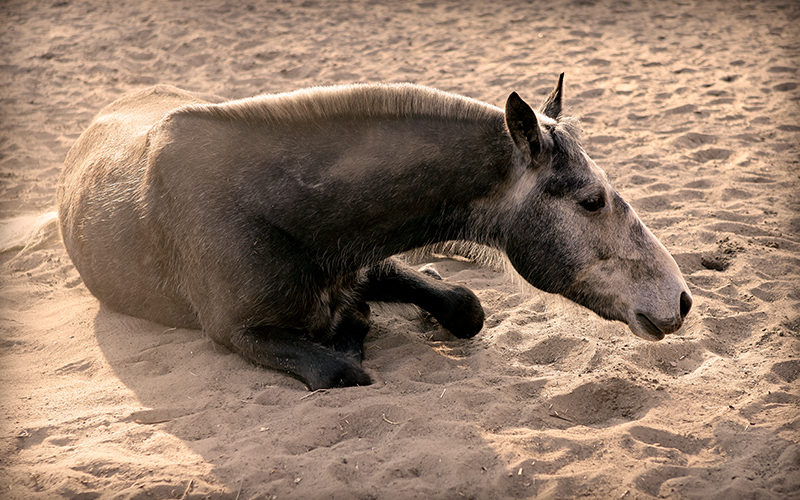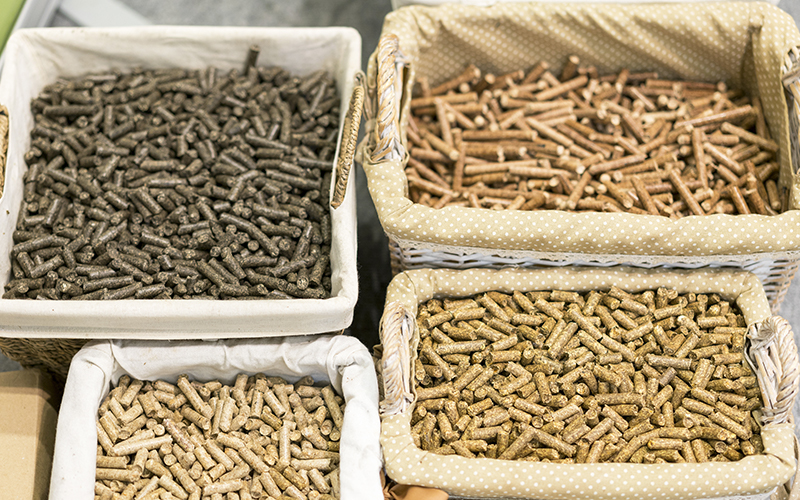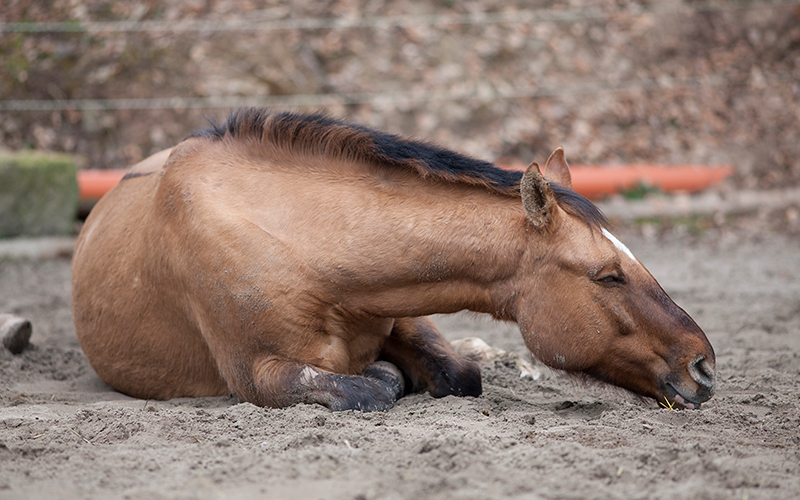
by Dr Catherine Marsden | Feb 25, 2021 | Equine Health
The term ‘colic’ simply means abdominal pain. There are multiple causes, including sand impaction or sand enteropathy which is of particular significance given our coastal location. Clinical Findings Sand colic may manifest in one of two clinical ways: diarrhoea...

by Dr Sophie Kelly | Feb 25, 2021 | Equine Health
Many horse owners are unaware of the potentially devastating consequences of accidental ingestion of calf pellets. Many pellets designed for calves/cattle contain additives that are highly toxic to horses, as well as other non-ruminant species. The most common and...

by Dr Kelly Gowland | Feb 25, 2021 | Equine Health
1. Know what is normal It is important to know what is ‘normal’ for your horse. Understand their normal eating habits, faecal output and consistency and TPR (temperature, pulse and respiration) is vital in order to identify if something is abnormal before it becomes...




